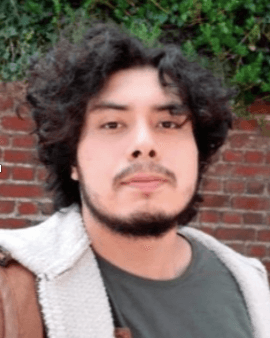Welcoming students from different backgrounds and countries is a major asset allowing all students to mutually enrich their differences. The IUT du Littoral Côte d’Opale has clearly understood these issues and is developing an ambitious international policy.
The IUT du Littoral Côte d’Opale is both a component of the University of the Littoral Côte d’Opale (ULCO) and a specific entity with a pedagogy centered on the professional project of the students.
Our IUT offers 8 specialties spread across the cities of Dunkirk, Calais, Boulogne-sur-Mer, ans Saint-Omer. The multiplicity of sites allows us to offer teaching in geographical proximity but also in terms of teaching linked to the regular monitoring of the students we provide and the human-sized staff of our training courses.
Our small numbers allows us to focus on providing quality reception to our students. With a success rate of 79%, the IUT du Littoral Côte d’Opale is positioned in the first third of the IUT rankings.
The IUT du Littoral Côte d’Opale welcomes two types of students : those who come via a personal approach and those who come via ADIUT (Association of IUT Directors) program.
Indeed, the IUT du Littoral Côte d’Opale is present and active within the ADIUT (Association of IUT Directors). As such, it receives students from partners countries of the ADIUT programs : Merxico, Angola, Vietnam, Thailand, China, Gabon, Morocco, etc. Through other regional programs and bilateral partnerships, or through individual applications, students also come from Brazil, Senegal, Japan, Burkina Faso, Morocco and Tunisia.
The IUT and its 4 sites in photos
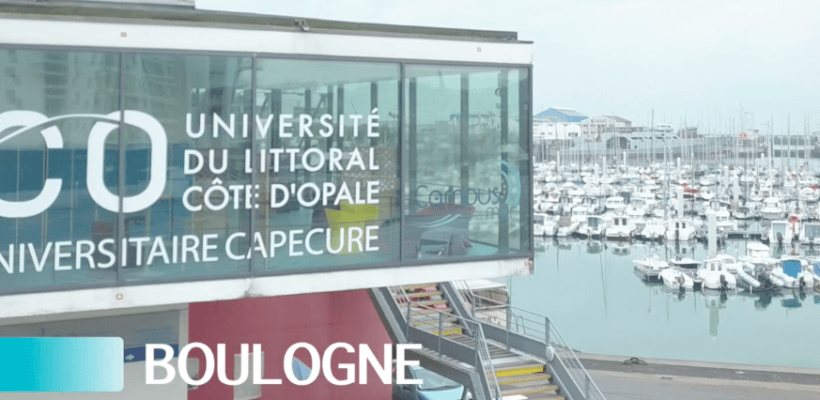
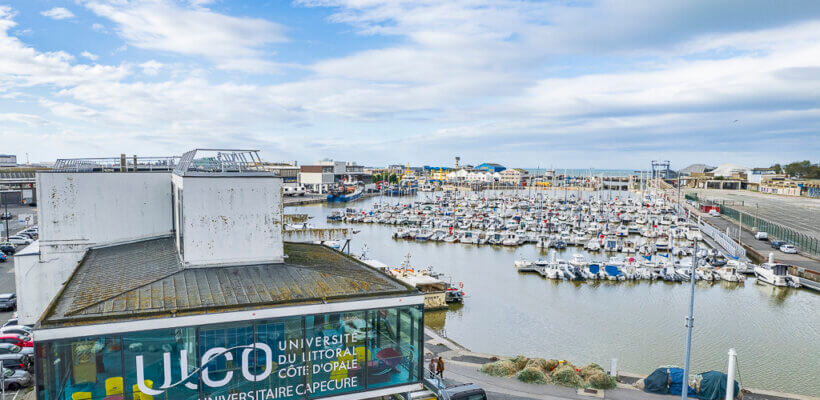
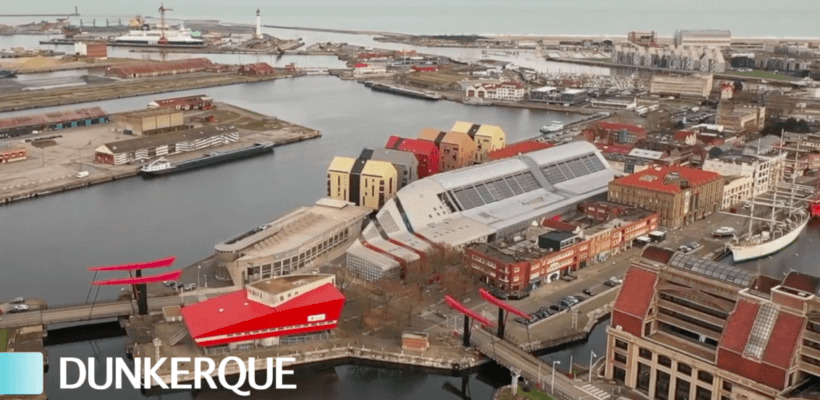
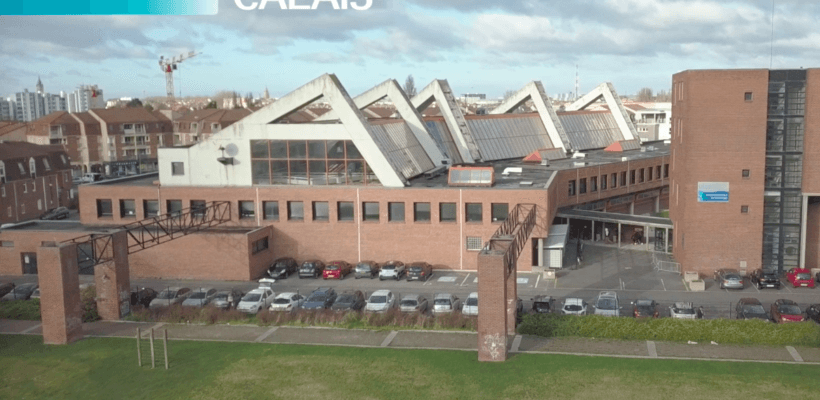
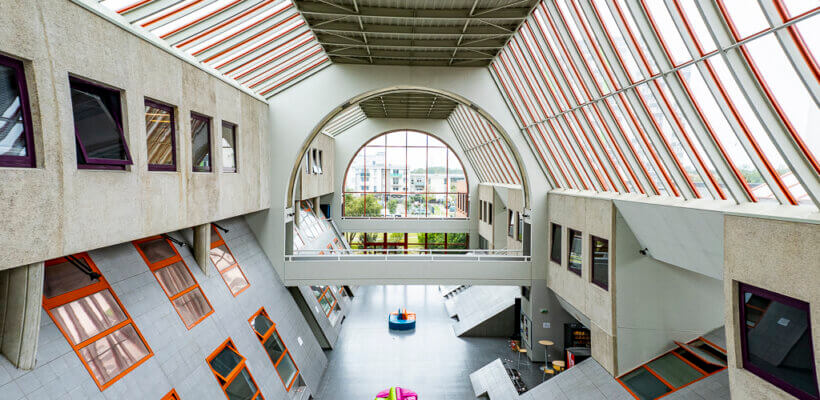
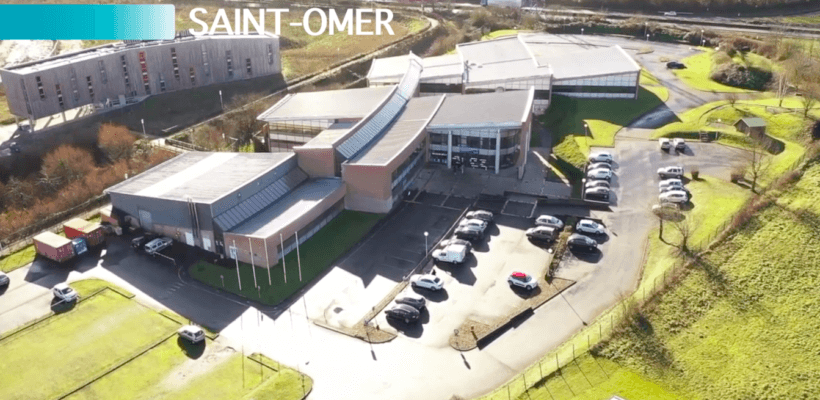
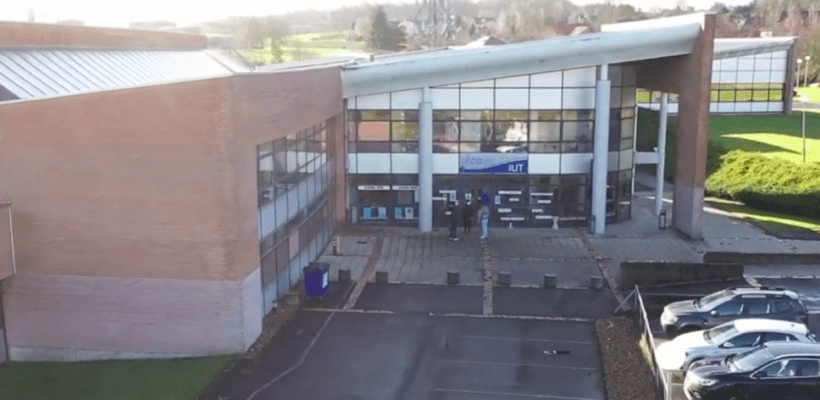
Specialties taught in BUT and LP in our IUT
Contact details for secretariats according to training :
- BUT INFO : rue Louis David – BP 689 – 62228 Calais Cedex ; phone number : 0321190660 ; iutinfo@univ-littoral.fr
- BUT GEII : rue Louis David – BP 689 – 62228 Calais Cedex ; phone number : 0321190630 ; iutgeii@univ-littoral.fr
- BUT GEA : rue Louis David – BP 689 – 62228 Calais Cedex ; phone number : 0321190680 ; iutgea@univ-littoral.fr
- BUT MT2E : centre de la Citadelle – 220 avenue de l’Université – BP 5313 – 59379 Dunkerque Cedex ; phone number : 0328237040 ; iutmt2e@univ-littoral.fr
- BUT TC : centre de la Citadelle – 220 avenue de l’Université – BP 5313 – 59379 Dunkerque Cedex ; phone number : 0328237070 ; iuttc@univ-littoral.fr
- BUT GB : centre Universitaire Napoléon – Quai Masset – BP 120 – 62327 Boulogne sur Mer ; phone number : 0321994502 ; iutgb@univ-littoral.fr
- BUT GIM : avenue René Descartes -BP40099, 62968 Longuenesse ; phone number : 0321388720 ; iutgim@univ-littoral.fr
- BUT GACO : avenue René Descartes -BP40099, 62968 Longuenesse ; phone number : 0321388740 ; iutgaco@univ-littoral.fr
Accommodation offered to students
For the Calais site : contact Florence Delpierre : florence.delpierre@univ-littoral.fr ; tel : 03 21 19 06 59
The Dunkirk site does not have a student residence : a personal approach is necessary to find accomodation.
Tourist places to visit near the four IUT sites
The IUT du Littoral Côte d’Opale is present on the sites of Calais, Boulogne-sur-Mer, Dunkirk, and Saint-Omer. These 4 towns are located on or near the Côte d’Opale which borders the North Sea. The Côte d’Opale is bordered by picturesque towns and long beautiful beaches. It is also steeped in a rich history.

The city of Calais is well known by the French and the English because it remains an essential connection point between France and Great Britain via the Channel Tunnel and the ferry route.
Boulogne-sur-Mer is a very hilly place, famous for its intense maritime activity. The city also hosts Nausicaa, the largest aquarium in Europe. On the heights, hikers can appreciate the superb views offered by the Cap Blanc Nez and Gris Nez sites.
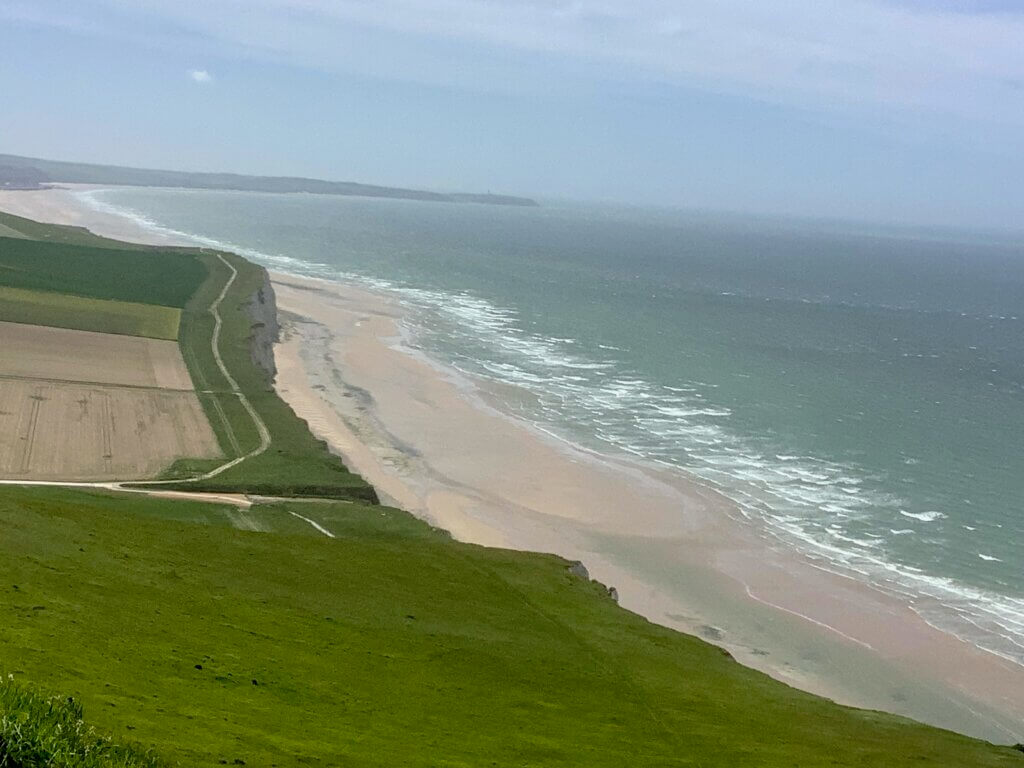
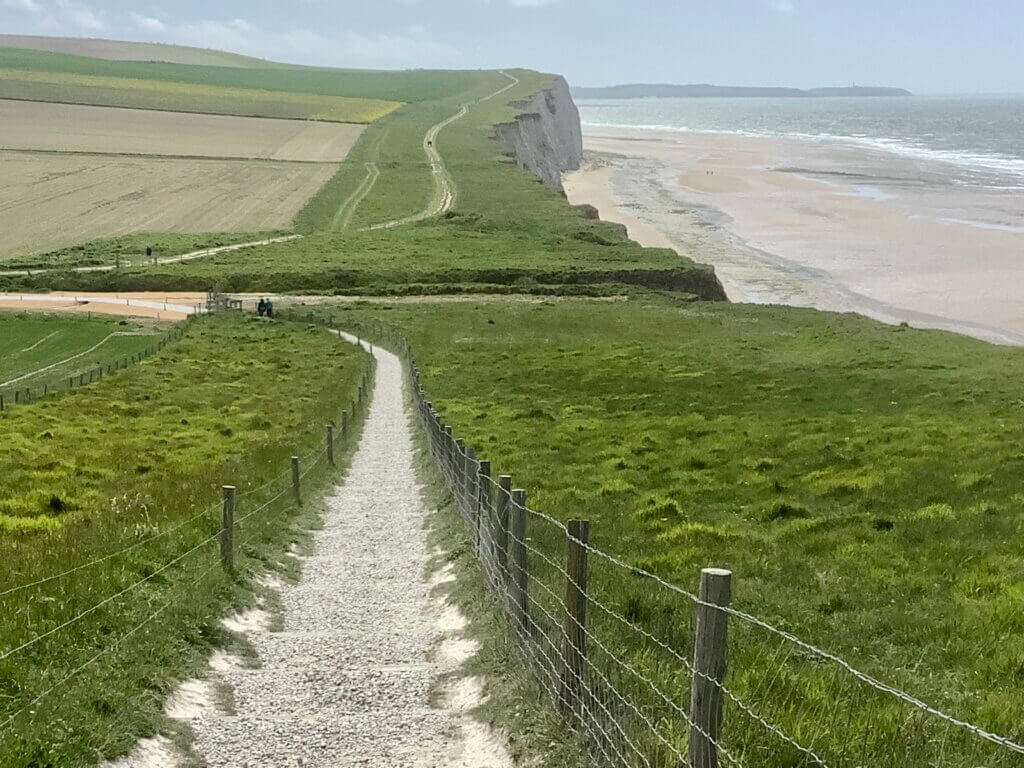
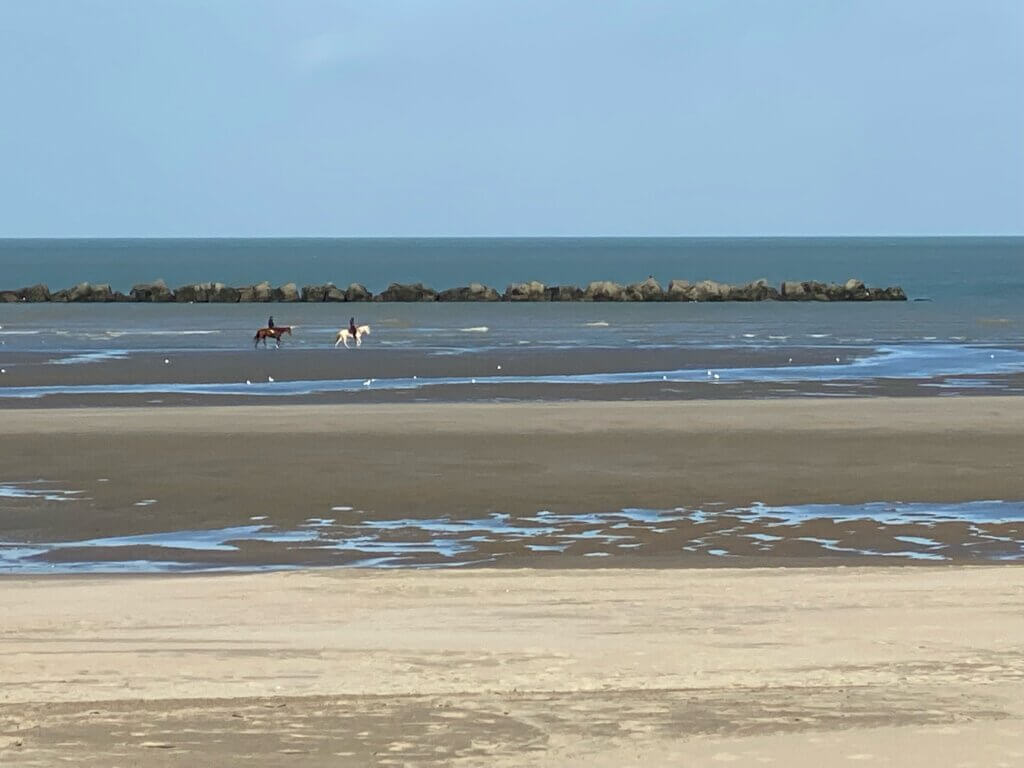
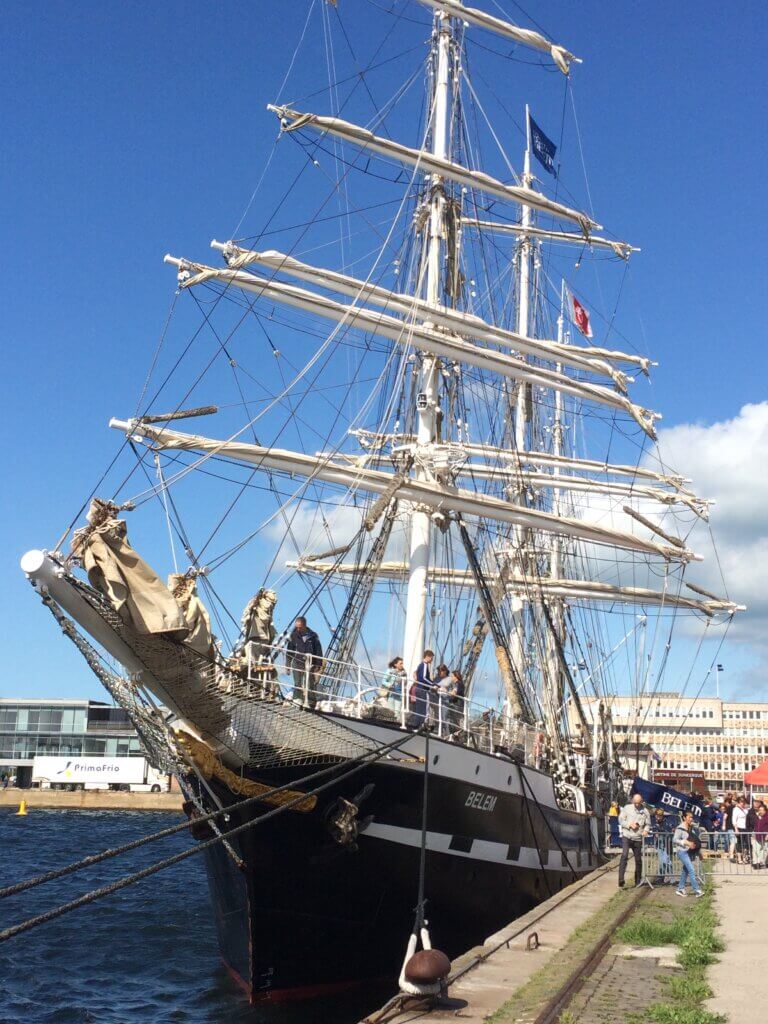
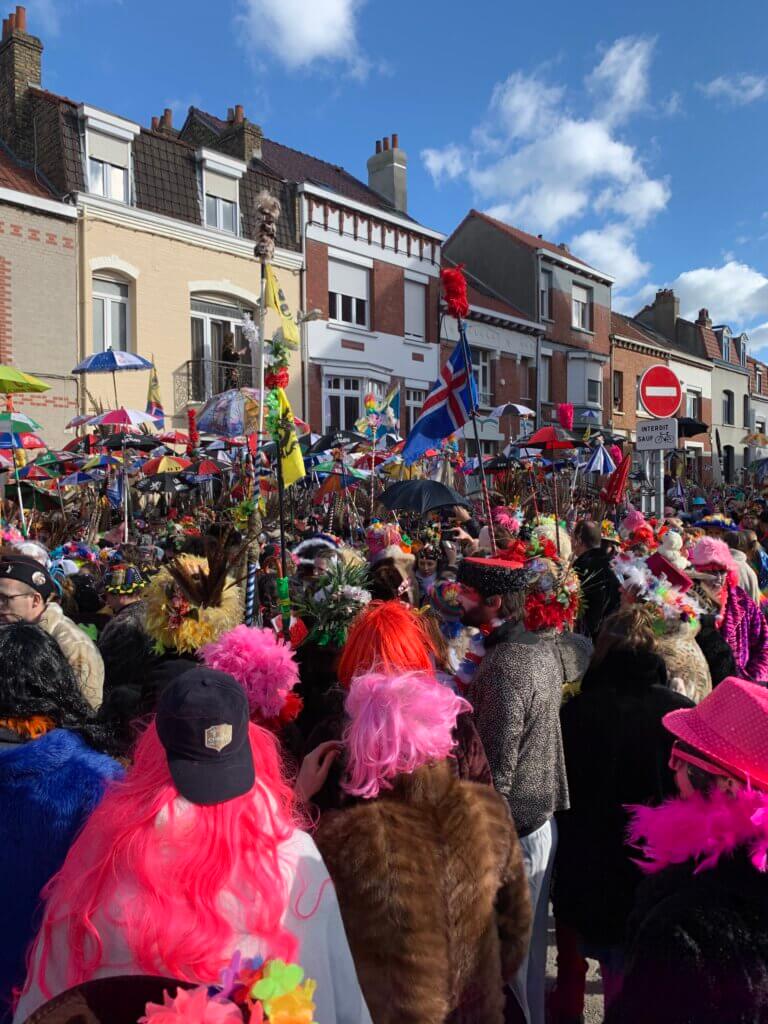
Dunkirk is dotted with beaches with large expanses of sand. It is also a historic site marked by the famous Battle of Dunkirk in May-June 1940. The life of the inhabitants is also punctuated by its traditional Carnival which is organized from January to April.
Finally, the fourth site, that of Saint-Omer, consists of a charming small town on a human scale, with its cathedral , its marshes and its historical sites linked to the Second World War , including the Dome.
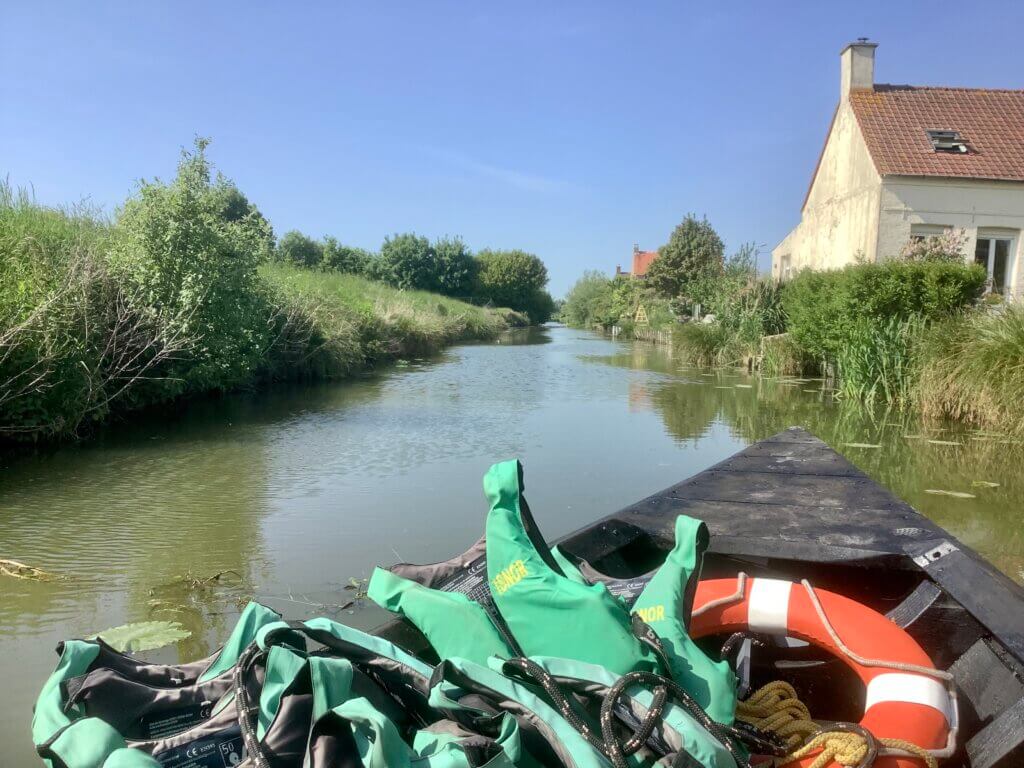
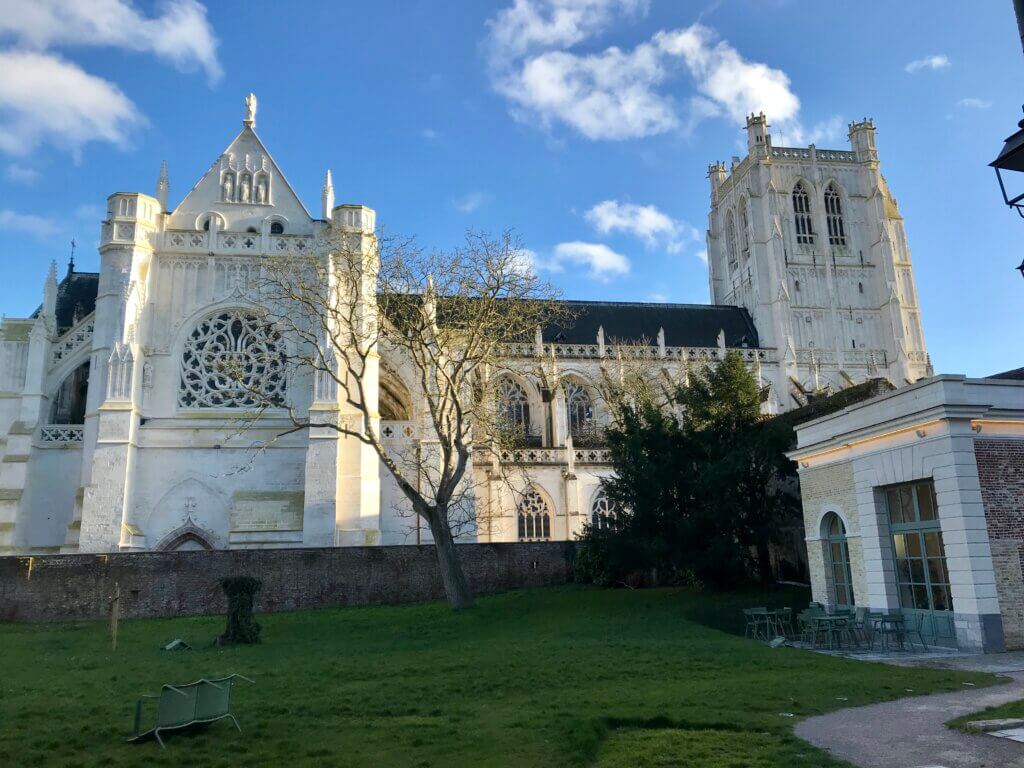
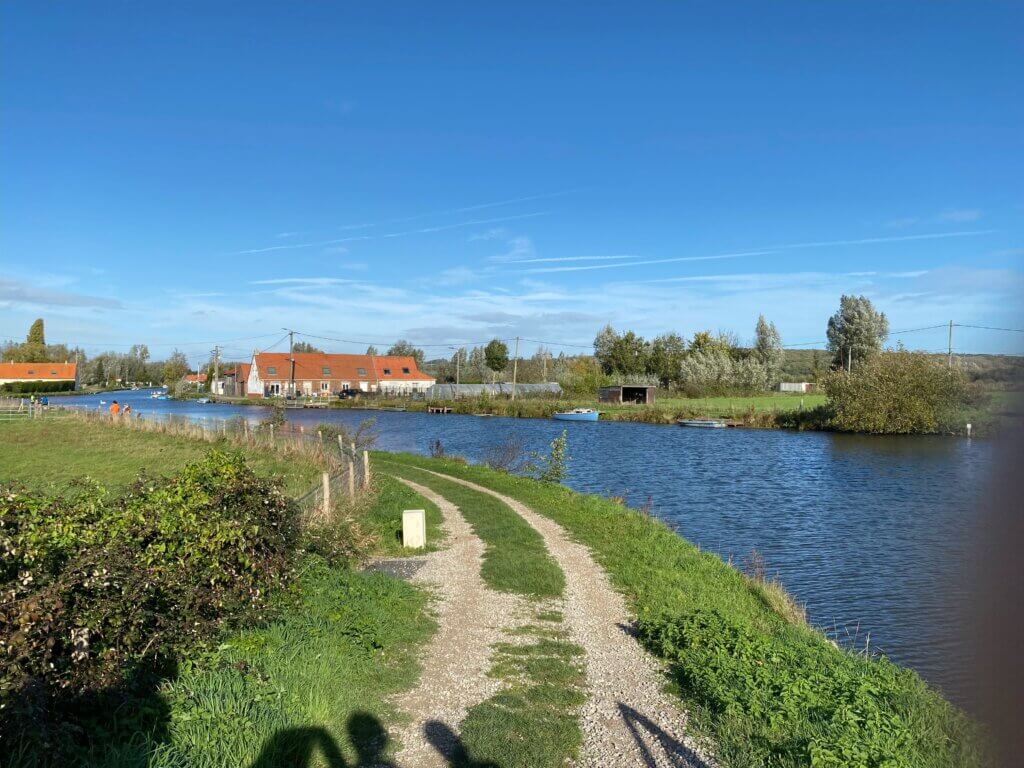
These four towns are also close to Touquet-Paris-Plage, popular with Parisians and the metropolis of Lille, famous for its flemish architecture, its museums, its historic center (known as « old Lille »), and its markets.
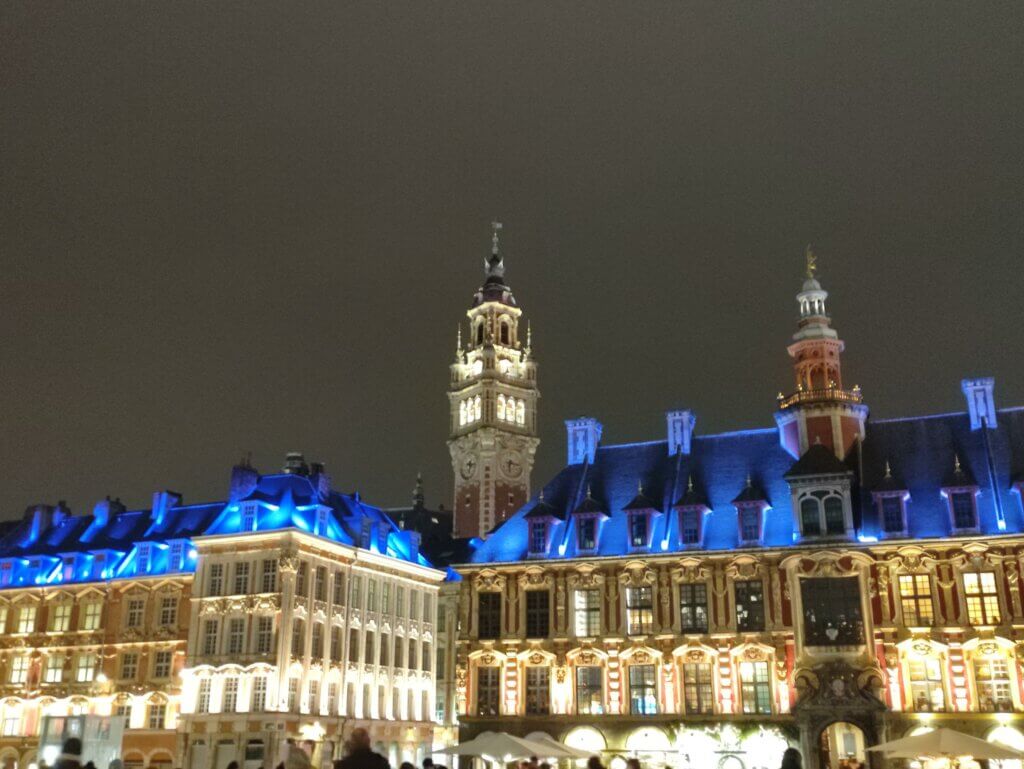
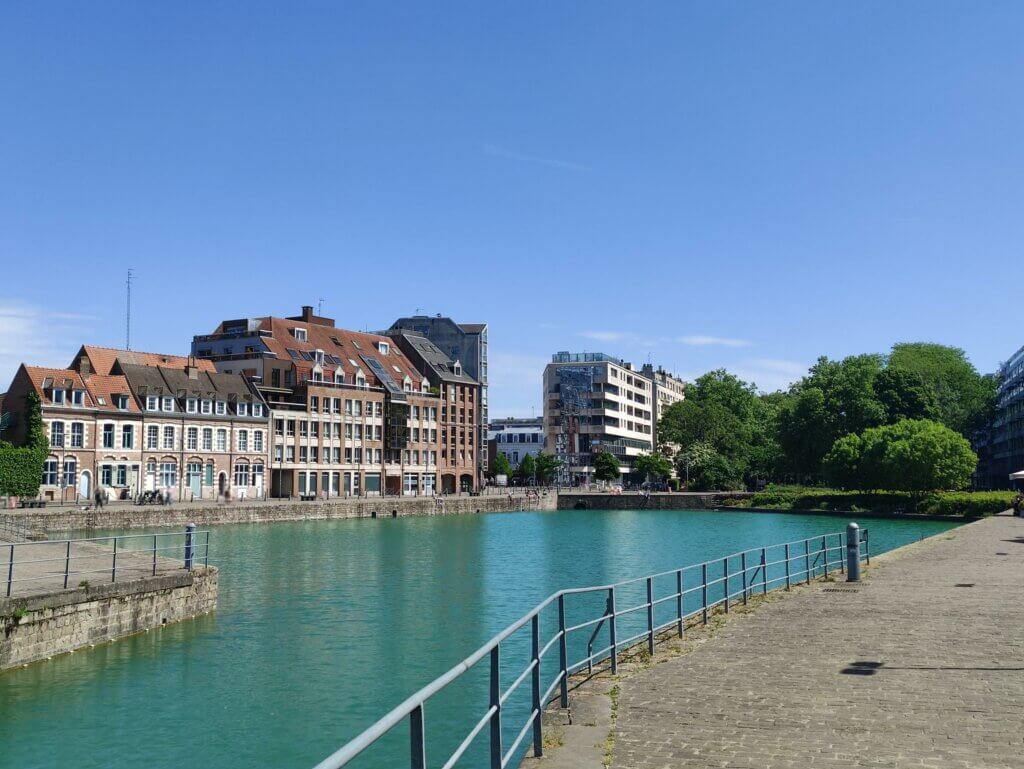
Testimonials from foreign students who came to study at the IUT du Littoral Côte d’Opale
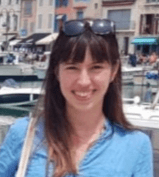
Melly, Cuban student
Melly is a 30 year old cuban student who arrived in France when she was 27 years old to perfect her french language skills, study, and meet people. Before coming to France, Melly already had a Master degree in economics. In France, she is studying to obtain a MTL degree, a professional license in tourism and leisure at the IUT in Saint-Omer. Thanks to her previous studies and her advanced language skills, Nelly has become trilingual. Upon her arrival to France, Nelly found it more difficult to get used to the weather than the culture since she knew the culture well. Today, she is happy to be able to count on the friends she made in France who have become her family. Now, Nelly lives in an apartment in Paris! Nelly’s message to students is to not overthink it and just go for it: “if you want it, and you can do it, then do it! Make it happen!”. Language should not be viewed as a barrier, it should be viewed as an opportunity to grow.
Jesus, Mexican student
Jesus is a 20 year old Mexican student, who obtained the MTL degree, a professional license in tourism and leisure. He benefited from a partnership between the IUT and Mexico. He speaks Spanish, English, and french. Upon his arrival to France, he was a little apprehensive because he knew nobody and he was wondering how he would adapt to his new french life. He loves talking about his country, especially the culinary differences between french and mexican food. Jesus always repeats the phrase “mi casa es su casa” (my house is your house). To him, this phrase serves as a constant reminder to live life fully and always reach for what you want. He is very happy to have discovered France, and while living in France is certainly different, he is happy and feels a strong sense of community.
